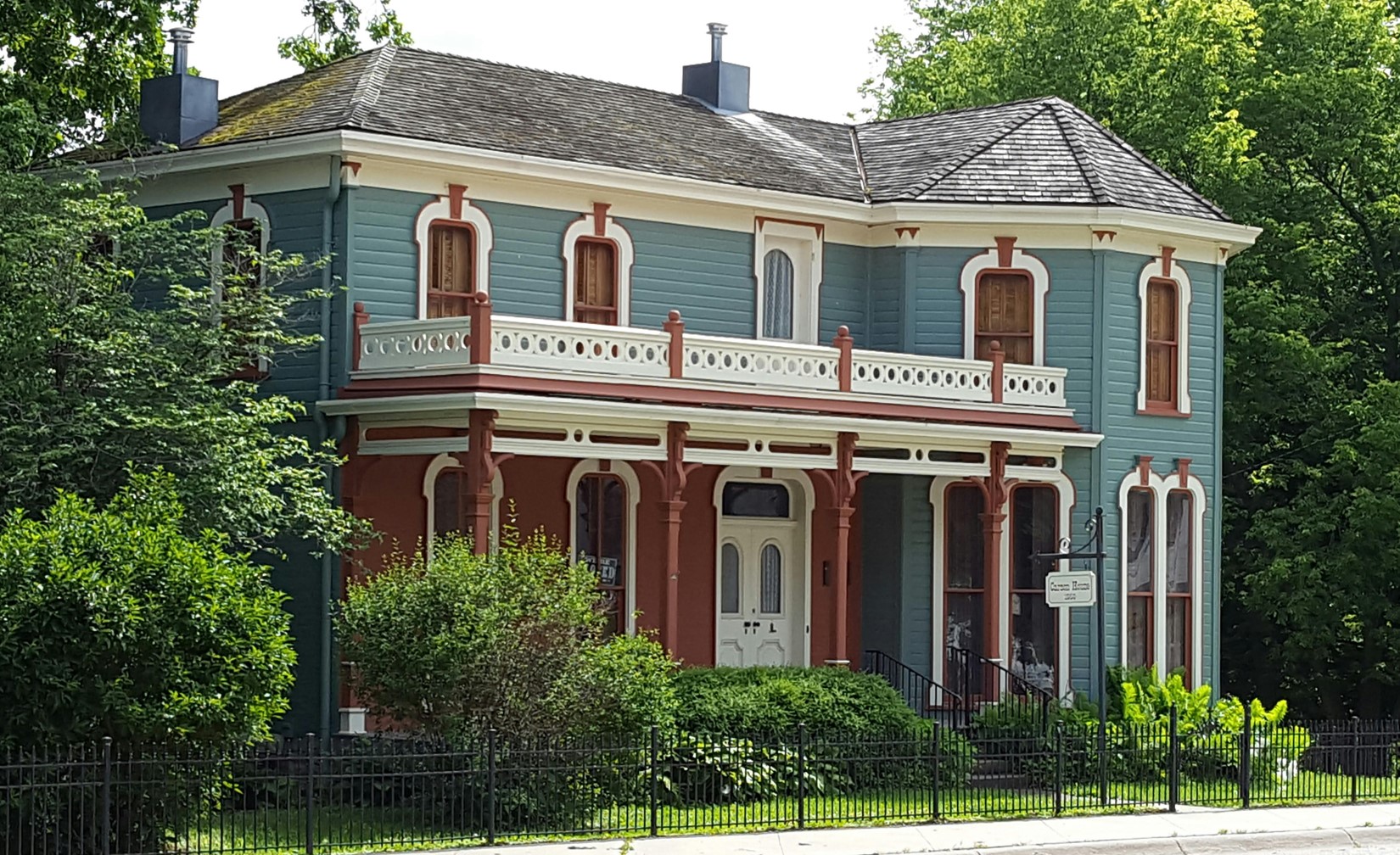
Renovating heritage homes can be an exciting project, but it comes with its unique set of challenges—especially when dealing with asbestos-containing materials.
Many heritage-listed homes, built before the 1990s, were constructed using asbestos products for their fire-resistant and insulating properties. While these materials were once valued, they now pose significant health risks, including asbestos-related diseases such as lung cancer and mesothelioma.
If you’re planning to restore a heritage property to its former glory, it’s crucial to understand the role of asbestos management and the steps needed to safely handle these hazardous materials.
Heritage homes and heritage-listed houses often contain a variety of asbestos materials. These can include asbestos cement sheeting in walls and roofs, insulation in ceilings, textured coatings, and even old electrical wiring. Disturbing these materials during renovations can release dangerous asbestos fibres into the air, leading to serious health risks from asbestos exposure.
When renovating, it’s essential to identify non-friable asbestos and other asbestos-containing materials before starting any work. This helps you plan for proper handling and, if necessary, asbestos removal by licensed professionals.
Local councils and heritage regulations have strict safety measures in place to protect both the renovators and the historical integrity of heritage homes. Before beginning any renovation project, you must ensure that an asbestos assessment is conducted by licensed professionals. This step is not just about compliance; it’s about protecting your family, workers, and the property itself from the risks associated with asbestos exposure.
It’s also important to have an asbestos management plan in place, detailing how any asbestos materials will be handled and removed during the renovation. This plan should include safety precautions for handling asbestos, ensuring that asbestos fibres do not become airborne during the process.

When it comes to removing asbestos from a heritage-listed home, it’s crucial to hire licensed asbestos removalists. These professionals are trained in safe asbestos removal techniques and understand the complexities of working in heritage properties. They can carefully remove asbestos materials while preserving the historical elements of the home.
Attempting to remove asbestos yourself, or hiring non-licensed persons, is not only dangerous but also illegal. Licensed asbestos professionals follow strict regulations and use proper personal protective equipment to ensure the safe handling and disposal of asbestos waste.
Renovating a heritage home is a rewarding project, but it’s essential to prioritise safety when dealing with asbestos. For those renovating heritage homes in Melbourne, Victoria, NSW, or South Australia, Asbestos Australia can help. Our team of licensed professionals specialises in safe asbestos removal and management, ensuring that your heritage property is both beautiful and safe for your family and future generations.
Contact Asbestos Australia today for expert advice and services to manage asbestos safely during your heritage home renovation.
Posted By: Asbestos Australia Removalist
Leave a Reply